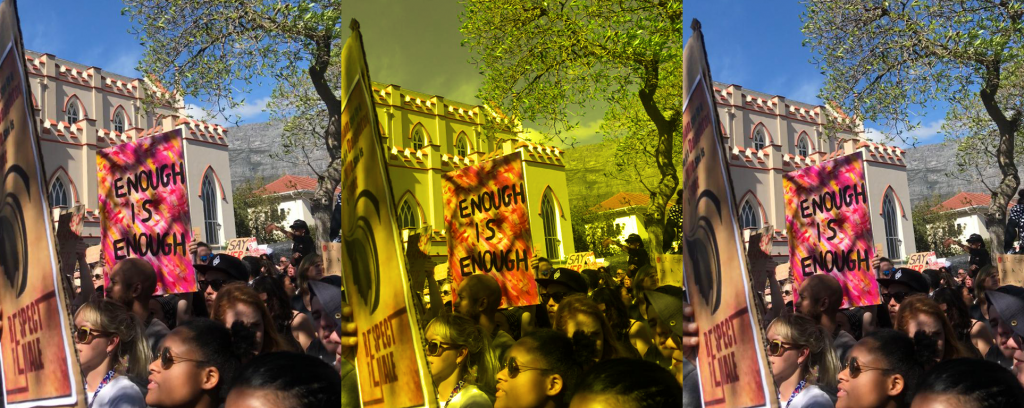Minister of Police Bheki Cele’s statement that the government’s forensic DNA backlog has almost been cleared is an encouraging sign of action, but the push for justice for victims and survivors of gender-based violence and femicide (GBVF) continues, said Amnesty International South Africa (AISA).
“Minister Cele’s statement that the forensic DNA backlog has been reduced by 99.3% must be acknowledged, but true justice for victims and survivors of GBVF as well as their families does not stop there,” said Shenilla Mohamed, Executive Director of Amnesty International South Africa.
“The DNA backlog is but one component of a broken criminal justice system, a system that has been failing victims and survivors and their families for a long time.
“On this World Day of Social Justice, we call on the government to keep acting for victims and survivors of GBVF.”
AISA once again calls on the South African government to:
- Ensure measures and resources are in place to prevent the backlog from increasing again to staggering high levels in the future.
- Provide updates on the DNA backlog when reporting on quarterly crime statistics.
- Report on the GBV-specific DNA backlog.
- Immediately establish the National Council on Gender-Based Violence and Femicide, including the development of a costed and funded operational plan.
- Immediately rollout appropriate, mandatory and continuous victim-centric training for personnel in the criminal justice system, increased transparency about how many people have been trained, and the impact of the training.
According to the most recent crime statistics, from October to December 2022, 15,545 sexual offences were reported to police. That is 9.6% more than October to December 2021.
“It’s not getting better, it’s getting worse,” said Mohamed. “President Cyril Ramaphosa has, over the years, announced a number of initiatives to help fight GBVF but, to date, very few of these have been implemented and promise after promise is broken, and GBVF remains staggeringly high.”
This is not only being recognised locally but also internationally as was evident during South Africa’s review at the United Nations (UN) Universal Periodic Review (UPR) in November 2022. A number of countries have made recommendations to South Africa on tackling GBVF, which mirror some of the recommendations outlined by AISA in its submission to the UPR in 2022.
“In one week’s time, on 27 February 2023, South Africa will start its next session as a member of the UN Human Rights Council. While it strives to hold others accountable to human rights violations, it must also look inwards, and ensure that everyone living in South Africa can fulfil their right to life, security and dignity. Don’t stop at the DNA backlog, keep acting.”
Background
Minister of Police Bheki Cele announced the Q3 (October to December 2022) crime statistics on 17 February 2023.
Find out more about Amnesty International South Africa’s #InterruptBrokenPromises campaign here.
Read Amnesty International South Africa’s open letter to Minister Cele in October 2022 here.
The Universal Periodic Review (UPR) is a review of the human rights records of all UN member states held every four years.
For more information or to request an interview, please contact:
Mienke Mari Steytler, Media and Communications Officer (Maternity Cover), Amnesty International South Africa: +27 (0) 64 890 9224; mienke.steytler@amnesty.org.za
Public Document
****************************************
Amnesty International South Africa office, 97 Oxford Road, Saxonwold, Johannesburg, 2196


